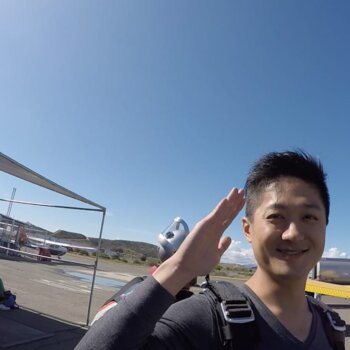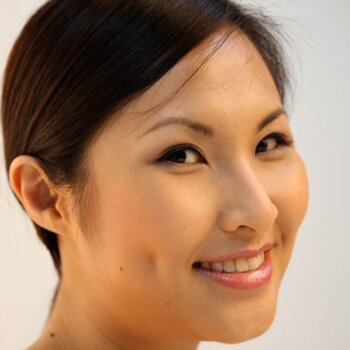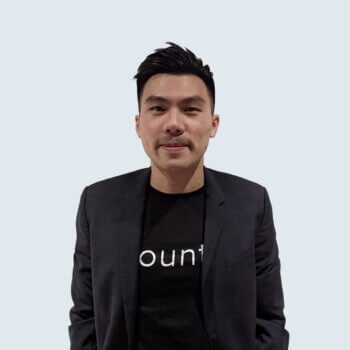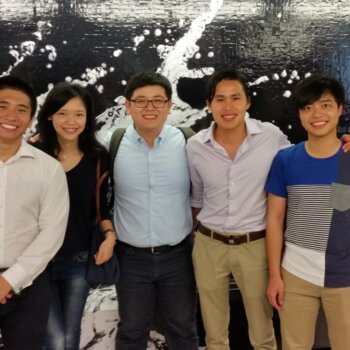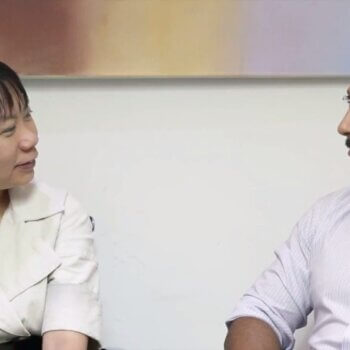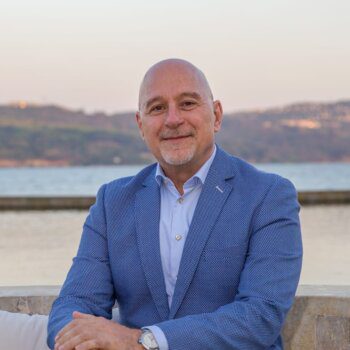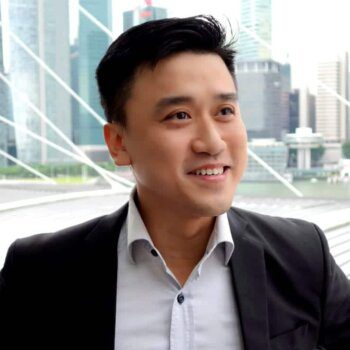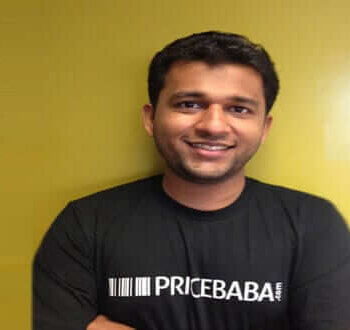I was forced to fill big shoes at the age of 25: AT a time when most of my peers were starting a new life, I was still mourning the death of my father. It was 1977, and I was just a young man of 25. My father died unexpectedly in Hong Kong in 1976. He was only 49 years old. His untimely death prevented us from saying our good-byes. Words were lost along with so many plans and dreams our family still had. I suddenly found myself burdened with the responsibility of filling in the great void left by my father—at home, and in our business. I knew from the start that his were big shoes to fill. As the eldest child, I took on the presidency of Sterling Co.
Filling his father’s shoes: The first few years were difficult and challenging. At that time, nobody even knew about Sterling notebooks, our company’s primary product.
I also had to struggle with naysayers, who believed that my father’s death would also spell the death of Sterling Co. They said: “Oh, Sterling is going to go down. The one who is holding the big flag is not around anymore.”
At the time, I must admit, my youth became my curse. But I forced myself to believe in what I can do—it was the only way I could honor the memory of my father. Looking back, some would say that it may have been pure nerve that gave me the courage and ability to run Sterling Co. at a very young age. Some would say it may have even been the impulsiveness of my youth. But earning the approval and respect of my father was one of my biggest motivations during the challenging times in my mid-20s.
No easy life: MY family and I did not have an easy life. Contrary to how people now perceive me, I was not born with a silver spoon. We were not poor but we were not rich. When my father was still alive, we—my parents and I, along with my three other brothers— lived in a small apartment with no bathroom. We even had to go down several flights of stairs to my uncle’s warehouse just to use the bathroom.
Growing up, I’ve seen people who were rich. My classmates in college had Mercedes-Benzes with air-conditioning inside. They even had houses in Forbes Park, the kind that could easily pass for a castle compared to where I lived. So, I said, one day I’m going to work hard and own a house and a car. I wanted to prove to my parents that I am worthy of their respect and approval. Though my parents did not give me riches or luxuries that many of those I grew up with learned to take for granted, they gave me the best gift of all—a good education.
My family taught me that the only way for me to achieve my dreams is through hard work and perseverance. I had to study and learn from my father as diligently as I could, and I did.
My father started my training as an entrepreneur when I was in high school. He taught me while bringing me along in his business travels all over the country and abroad. He taught me the value of money and quality products, as well as the art of negotiating. He taught me that there are risks that are worth taking, and that risk had its own rewards.
Sell at a high price: One important challenge was in pricing products. Conventional knowledge taught businessmen to sell wares at a low price, and sell more. While my father believed in this, he challenged me to do the exact opposite—sell at a high price—but still sell more.
I could test-run my response to this challenge, when I decided to gamble on my college education. At that time, my father encouraged me to take up Economics, Marketing or Management, so that I can efficiently run Sterling Co. But I knew I needed a greater challenge. I decided to take up Engineering, one of the most difficult courses at the University of the Philippines (UP). When I eventually earned my degree, I realized the folly of my gamble—Engineering didn’t teach you anything about reading balance sheets.
To make up for lost time, I had to go back to the drawing board and enroll in business courses at the Ateneo de Manila University. Many years later, I would supplement my business education by going to Harvard University and better my entrepreneurial skills. My education is part of the hard work and perseverance that my father taught me. Unbeknown to me, his informal lessons when I was growing up was preparing me for a life of learning. It prepared me to accept that no one is too old or too successful to learn something new.
Life’s lessons: Learning for me is no longer just about business. Books taught me that. By reading books about successful businessmen, like Akio Morita of Sony; Konosuke Matsushita of Panasonic; Sam Walton of Walmart; Steve Jobs of Apple; and Jack Ma of Alibaba, I learned about their trials and tribulations. I learned about their business and what kind of executives they were. But most important, I learned about who they were as people, who had both weaknesses and strengths. These lessons have become invaluable to me.
Another source of strength I had at that time was my family—my siblings and my mother. One by one, my siblings finished their education and could join me in running Sterling Co.
Family support: My mother’s help was also invaluable not only to me and my siblings, but also to the business. Though she was widowed early at 46 years old, and the loss of my father really took a toll on her, her support for us and the business never wavered. She was there with us every step of the way, and we are always grateful.
We all worked hard. We had the same vision and shared the same passion. Yes, like most families, we had our misunderstandings, but we never allowed our differences to get the best of us. At the end of the day, we were family, and we had each other’s best interests at heart.
Sterling notebooks: Our hard work paid off, and we could become the best paper products and stationery company in the country. But I knew that we could expand more if only we advertised. Even before, when my father was around, I was already telling him, “Look, if we are going to be a consumer product, we really have to advertise. There’s no other way.”
After my father passed away, I allocated a big budget for advertising, a move that I think has really paid off. I think everybody who’s 50
years or younger will really know about Sterling notebooks now. We did very well from those challenging days of the late 1970s and 1980s. But the changing times caught up with us. Technology has made our greeting cards, some stationery and photo albums, outdated. We decided to expand and innovate.
Expansion: We branched out into packaging, and later became the biggest paper-cups manufacturing in the Philippines. We have also taken up publishing. We do a lot more now compared to what we did when my father was alive. But the change I have made to Sterling Co. that I am most proud of is selling hybrid rice.
Way back in 1997, I didn’t even know how much 1 kilo of rice is sold in thepalengke. At that time, Vice President Joseph Estrada was my friend. He used to tell me he wanted to put agriculture as his top priority when he became the president of the country. He sgeneration to make sure that even those poor people in the urban areas can savor our Doña Maria Rice.
Legacy: I want to be remembered as someone who could lift the standard of living of the farmers in the whole of Southeast Asia. I’m more determined now to make use of this hybrid-rice technology and give prosperity, not only to the farmers in the Philippines, but also to the farmers in other countries, such as Bangladesh, Indonesia, Myanmar and Vietnam, even as far as Africa, Nigeria and Somalia.



